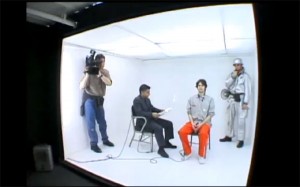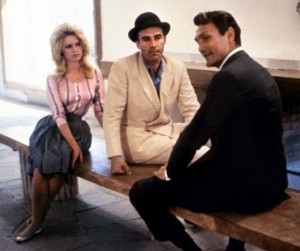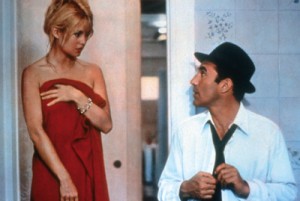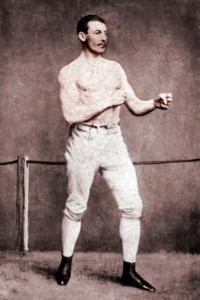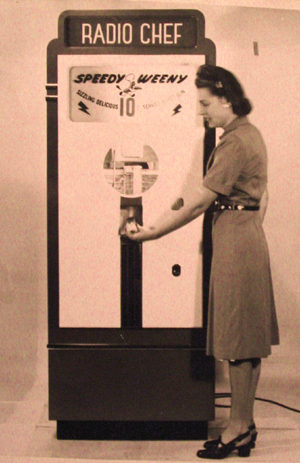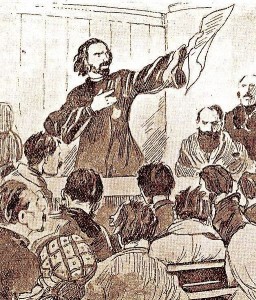
"He made the statement that he was 'the first born,' and that all who wished to be saved must gain salvation through him."
In 19th-century America, street preachers were often attended by riots and fisticuffs, as the following stories published in in the Brooklyn Daily Eagle clearly demonstrate.
••••••••••
“Conviction of a Street Preacher” (November 26, 1855): “Hugh Kirkland, a notorious foul-mouthed street preacher was fine $10 in Cincinnati recently for using ‘bawdy, lewd and filthy language,’ there being a statute against such indecency in force in that city. About a dozen witnesses were examined for the State, who testified that he made use of language during his discourse the most foul and libidinous in its character, and which would be entirely too obscene for publication. He defended his own case and declared himself a victim of the Democratic Party.”
••••••••••
“Arrested for Blasphemy” (May 15, 1895): “In Kansas City, Kan., last night, John Gabriel, in white trousers and white jacket, aroused a crowd of spectators almost to the lynching point by declaring himself to be a second Jesus Christ. He commenced to preach in the court house square. He made the statement that he was ‘the first born,’ and that all who wished to be saved must gain salvation through him. Cries of ‘Lynch him,’ ‘String up the blasphemer,’ and other like exclamations were heard on all sides, while the crowd moved in upon him, Gabriel was unmoved and calmly surveying the crowd continued to speak. At this juncture three policemen appeared and quickly started Gabriel toward the station house. The crowd soon recovered from its spell and pressed closely after the quartet. For a long time it seemed doubtful which would be victorious but the officers by hard work and considerable threatening finally landed Gabriel in the station house. Gabriel is 35 years old and claims to come from Cedar County, Ia. He says he will continue his assertions made to-night. If he does serious trouble is feared.”
••••••••••
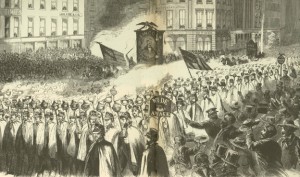
"Some of those arrested were Wide Awakes, who had been guilty of overt acts."
“Street Preaching–Riots and Assaults” (September 4, 1854): “Yesterday afternoon, as usual, several street preachers held forth on the Battery and from the steps of City Hall, N.Y.; and about 5 o’clock, a large party of Wide Awakes, who had been listening to a preacher on the Battery started in procession of the Park, attended by some policemen, but as they were emerging from one of the gates of the Battery a party of Irish rushed upon them with knives, pistols, etc., and in a moment James Wood, a peacable citizen was dangerously stabbed in the left shoulder and side. About a dozen pistol shots were fired by either party, but fortunately, but one man was injured. His name could not be ascertained as his friends bore him quickly away. The police and Wide Awakes finally succeeded in scattering the Irish and then marched up to the Park, but the Irish had again formed, and on reaching the Park commenced a series of assaults and running fights.
The police soon succeeded in clearing the steps of the City Hall of the thousands on and about them, and the preacher, with a part of the crowd, proceeded up Broadway, he preaching as they walked. Another party started up Chatham Street, and still another down Centre Street, in all of which there was more or less fighting. As the day closed, the parties finally dispersed, the police having arrested seven persons, all of whom were locked up by Justice Osborne for examination. Some of those arrested were Wide Awakes, who had been guilty of overt acts. Mr. Wood, the person who was stabbed, was conveyed to his residence, No. 304 Eighth Avenue.”

